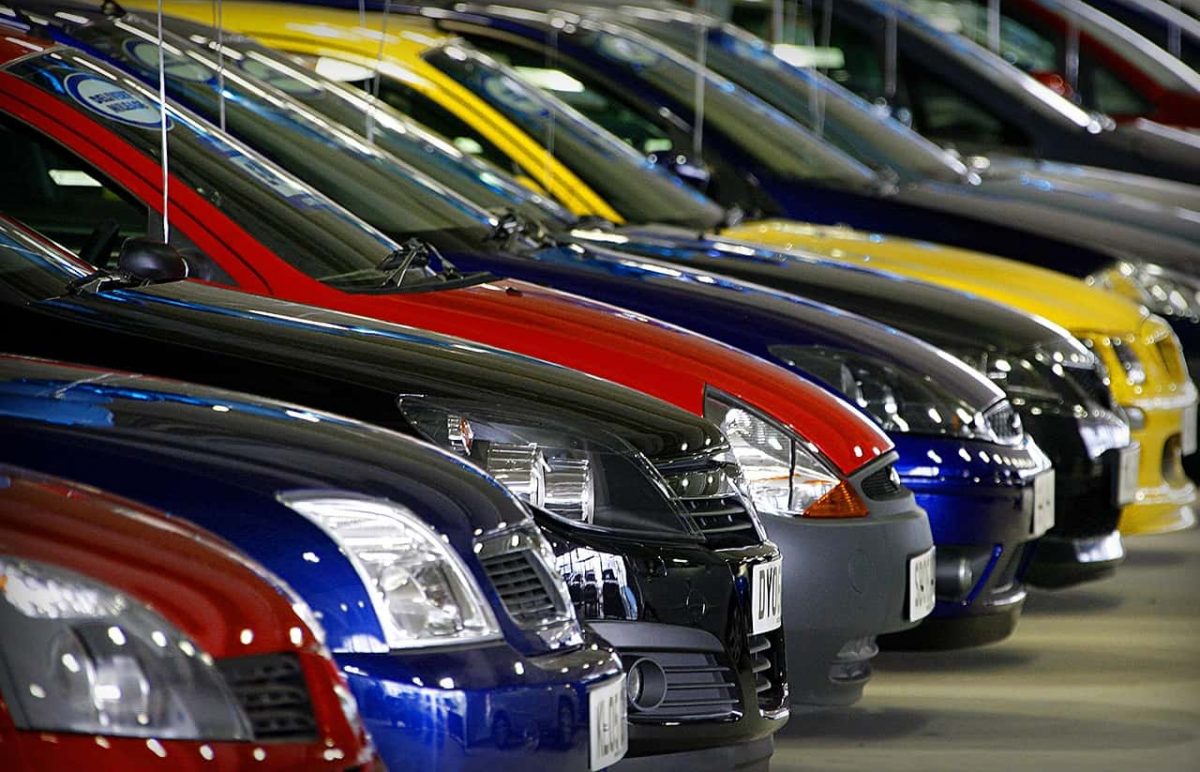
UK car production declined -41.4% in October as factories turned out 64,729 units, according to the latest figures by the SMMT.
It was the fourth, consecutive month of decline as firms continue to face the global shortage of semiconductors and related production stoppages. The output totals compared to last year are exacerbated by the closure of a UK car plant at the end of July, ‘a deficit that will impact figures for a year’, SMMT indicated.
More positively, production of the latest battery electric (BEV), plug-in hybrid (PHEV) and hybrid (HEV) vehicles comprised 30.9% of all cars made in October. BEV manufacturing rose 17.5% to 8,454 units, meaning that, so far this year, UK car makers have produced more than 50,000 zero emission vehicles, exceeding the total built in the whole of the pre-pandemic 2019.2
Production for domestic and overseas markets fell by -37.9% and -42.1% respectively. Although more than eight-in-ten of all cars made were shipped abroad, most of these (60%) went to the EU. Overall, shipments to the EU fell by a relatively modest -29.2%, whilst those to Japan were down -57.1% and to the US down -67.0%.
The monthly performance means that year-to-date output is below 2020, down -2.9% to 721,505 units, ‘underscoring the impact semiconductor shortages and structural changes are having, even compared to a year in which UK automotive production was badly affected by factory stoppages arising from the first lockdowns’.
SMMT suggested the latest independent production outlook report forecasts UK car and light commercial vehicle (LCV) production to be below one million for the second consecutive year, but to then recover to over one million in 2022, with the potential to reach 1.2 million in 2024 if competitive conditions prevail.
